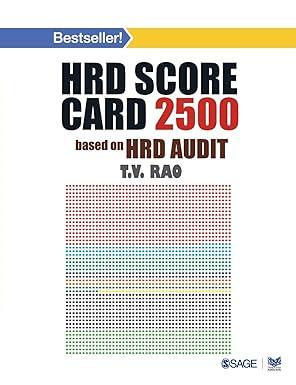Question
ABC Inc. produces a single product and manufactured 20,000 units and sold 10,000 units last year. ABC had a practical production capacity of 20,000 units
ABC Inc. produces a single product and manufactured 20,000 units and sold 10,000 units last year. ABC had a practical production capacity of 20,000 units per year. The company budgeted the following overhead costs for the year:
| Indirect Factory Wages: | $140,000 |
| Factory Utilities: | $ 50,000 |
| Factory Depreciation: | $ 10,000 |
Direct manufacturing costs per unit are $100. The company uses an activity-based costing system which compiles costs into 3 cost pools, machining, milling and assembly. The costs allocated to these activity cost pools break down as follows:
Usage:
| Cost: | Machining | Milling | Assembly |
| Indirect Factory Wages: | 50% | 30% | 20% |
| Factory Utilities: | 40% | 40% | 20% |
| Factory Depreciation: | 10% | 90% | 0% |
The following cost drivers are used for each of the following activity cost pools:
- Machining: Machine Hours
- Milling: Milling Hours
- Assembly: Direct Labour Hours.
Practical and expected capacity for each of the cost pools are shown below:
- Machining: 45,500 Machine Hours.
- Milling: 71,000 Milling Hours.
- Assembly: 38,000 Direct Labour Hours.
Actual Usage was as follows:
- Machining: 40,000 Machine Hours.
- Milling: 80,000 Milling Hours.
- Assembly: 15,000 Direct Labour Hours.
Each unit requires a budgeted 2 Machine Hours, 1 Milling Hour and 4 Direct Labour Hours.
ABC's policy is to charge $84 per unit.
ABC's cost per unit using traditional costing was:
Step by Step Solution
There are 3 Steps involved in it
Step: 1

Get Instant Access to Expert-Tailored Solutions
See step-by-step solutions with expert insights and AI powered tools for academic success
Step: 2

Step: 3

Ace Your Homework with AI
Get the answers you need in no time with our AI-driven, step-by-step assistance
Get Started


